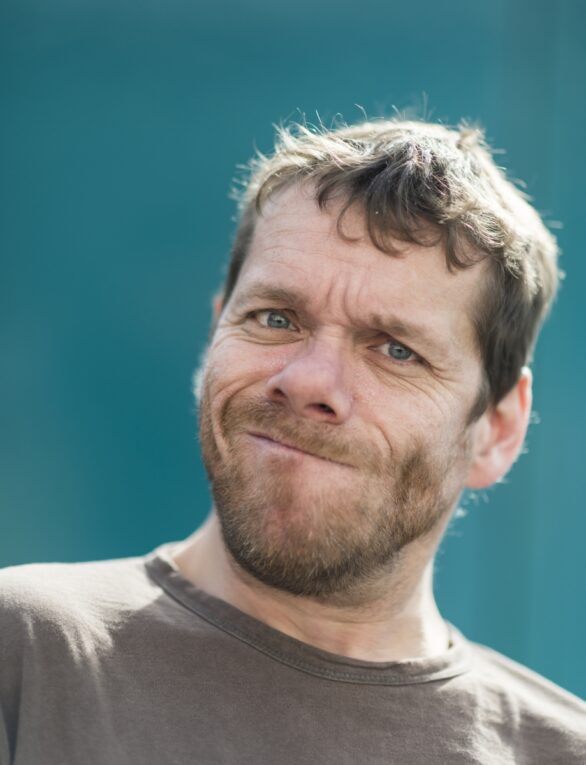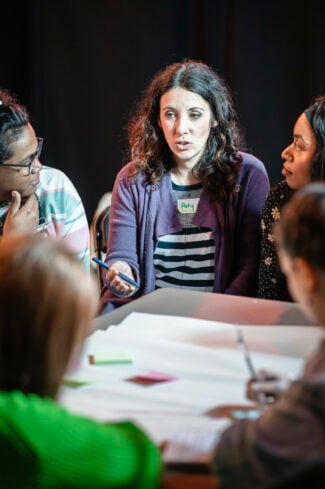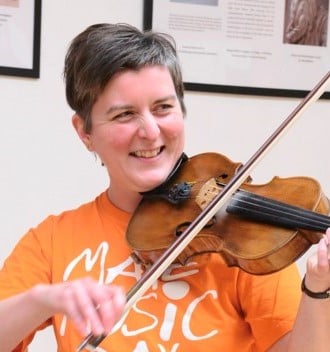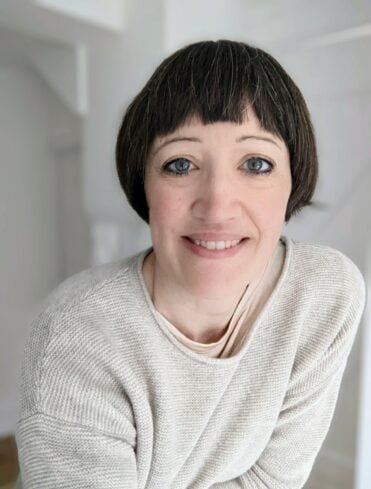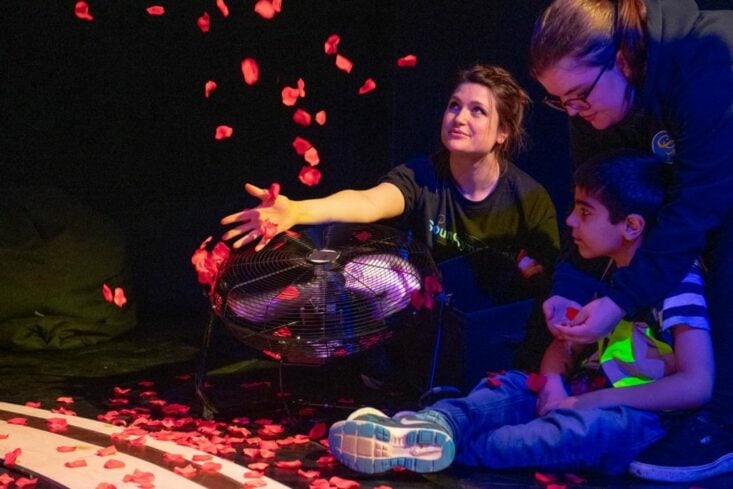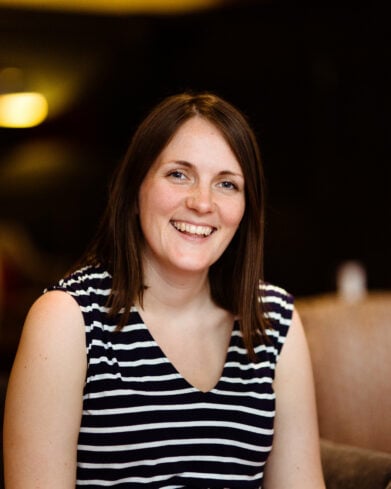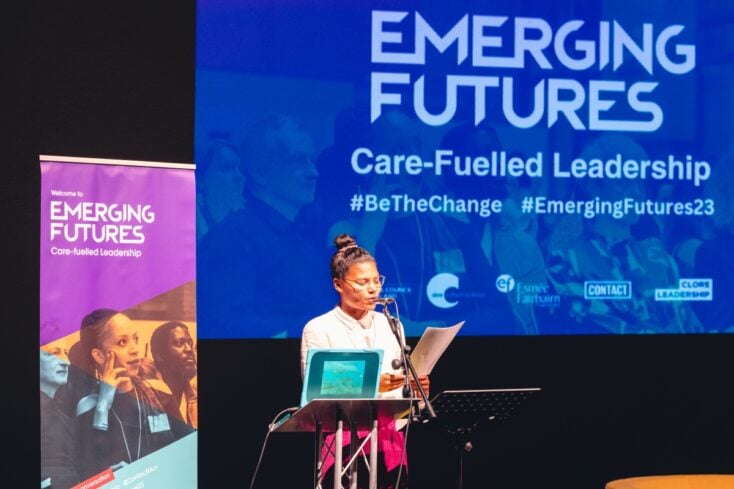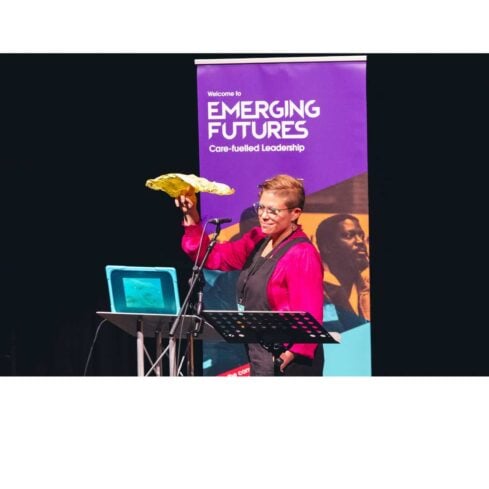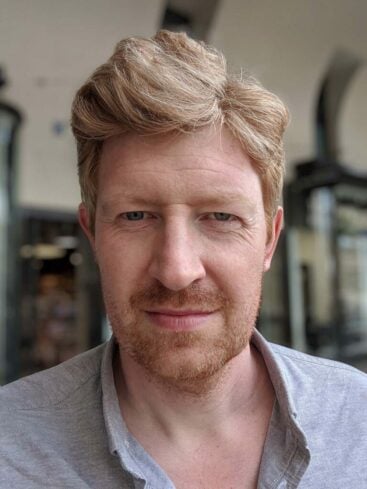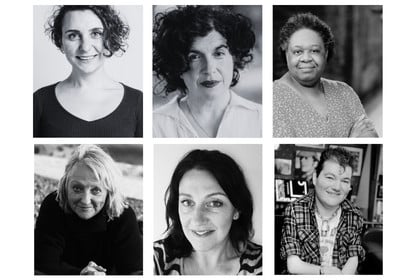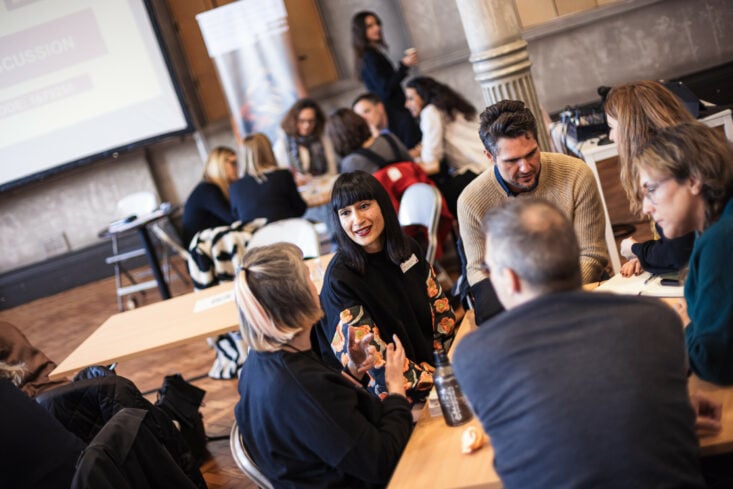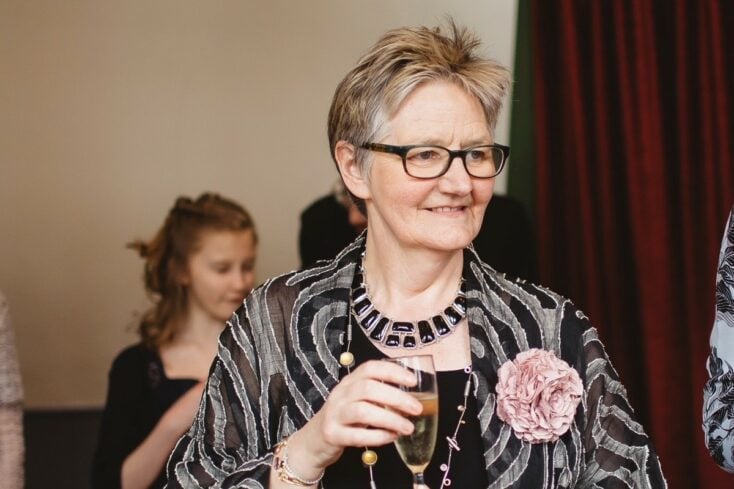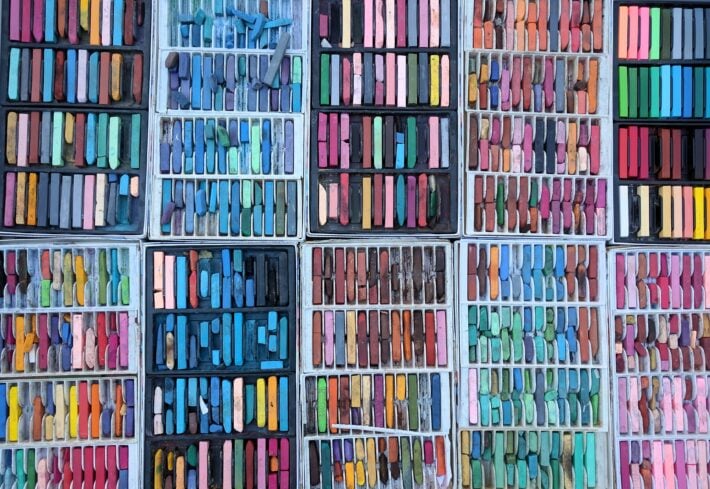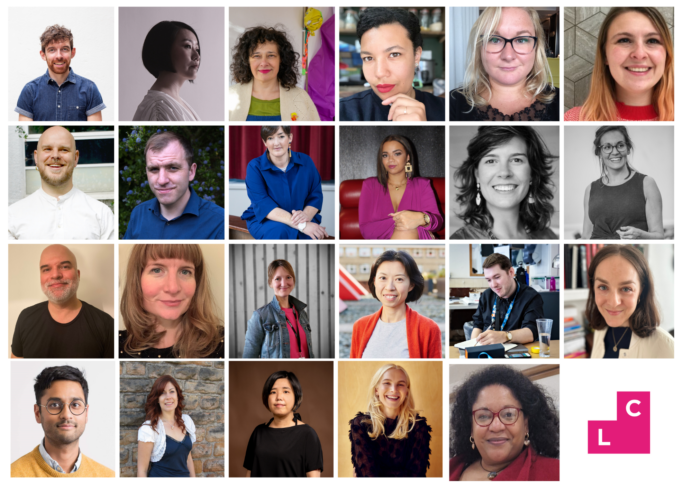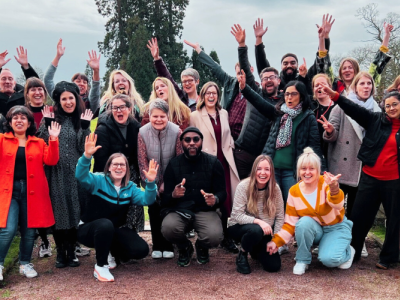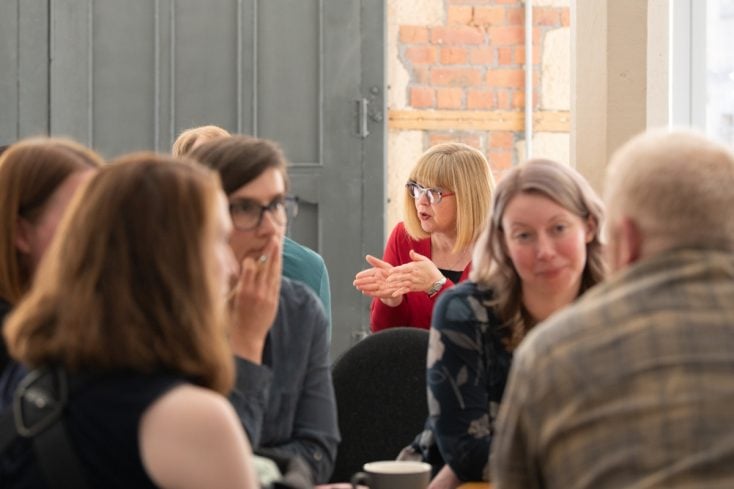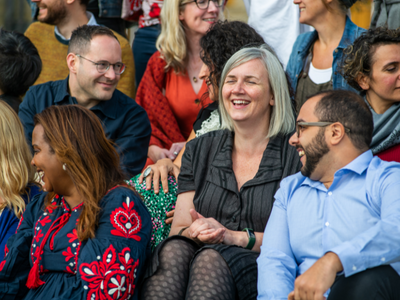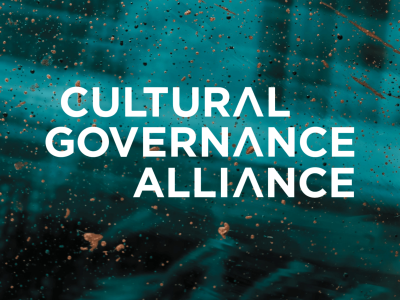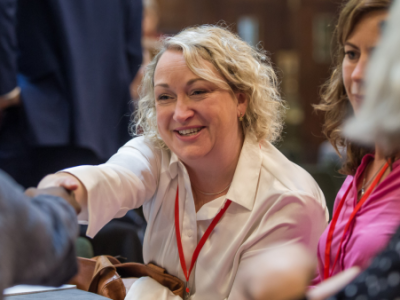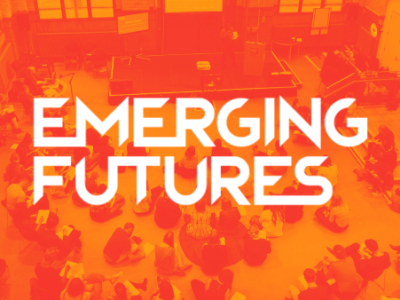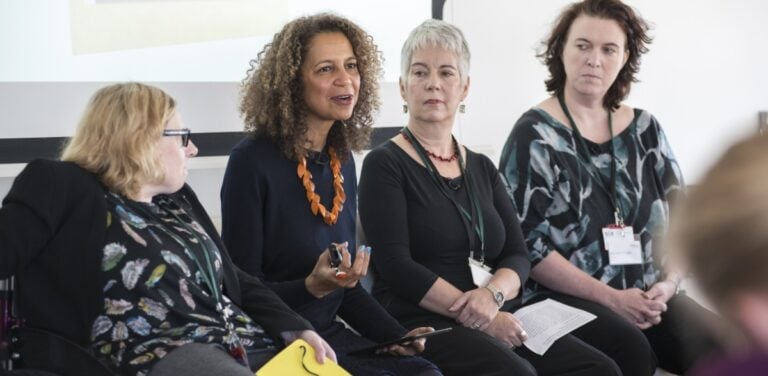Marginalised people are kept in waiting rooms far too long
Inclusive Cultures is part of Clore Leadership's Inclusive Leadership delivery for Arts Council England’s Transforming Leadership programme, which prioritises activities to address existing gaps in diversity in the leadership of culture.
My trajectory through the Arts and into leadership has been random, circuitous and oscillated between joy and pain. Only now in my mid-fifties as Co-Director of Diverse City, do I have the privilege of relative security, power and influence. Had I not been disabled, this is likely to have been achieved earlier, been better designed and supported and possibly led to even more hallowed spheres. Who knows? I may just have easily ended up a taxman, chef or undercover cop! Of course, this bizarre parallel life bears no further thought, as being disabled is being me.
One of my recent presentations on Arts and leadership was entitled ‘Trespassing with Delight’, giving clue to my empowerment as an interloper or disruptor. This newfound confidence has taken thirty years to foster, with prolonged periods of emergence and ‘mentoring to death’ along the way. Much of this has been brilliant, and I’m eternally grateful to many, but the point is marginalised people are kept in waiting rooms far too long. This is a waste of time, talent, goodwill, initiatives and resources.
A ‘lightbulb’ moment was the realisation of the synergies between the experience of disability, and the characteristics associated with effective leadership. To make our way in a disabling world, we rely heavily upon the recognized traits of leadership. Negotiating barriers is central to day-to-day operations, requiring resilience, organisation, management, ‘thinking outside the box’, innovation and bloody-mindedness. These are often underpinned by a highly developed social and political consciousness, borne out of inequality, injustice and marginalisation. So these identikit (check the manuals!) leaders are out there; they have just yet to be named as such. The revelation that my lived experience embodied many leadership characteristics set me on the path I am now on. Of course, disabled or not, leaders can be good, bad and ‘everything-in-between’.
We talk grandly of ‘stepping aside’, as we herald the arrival of the marginalised into the corridors of power, and I am sure for many better than I, this is heartfelt and genuine. But giving up privilege, wealth and influence is of limited appeal, and unlikely to gain the traction needed for radical shifts to diverse, representative and holistic work- and leadership forces. Other, more realistic aspirations such as ‘lowering the ladder’, reverse-mentoring, flexibility and simply matching competencies – embodied and learned – with roles are key to a new, fair and exciting sector.
Jamie Beddard is Co-Director of Diverse City, and alongside Sarah Pickthall and Clore Leadership has set up Inclusive Cultures. He is a director, actor, writer and coach.
